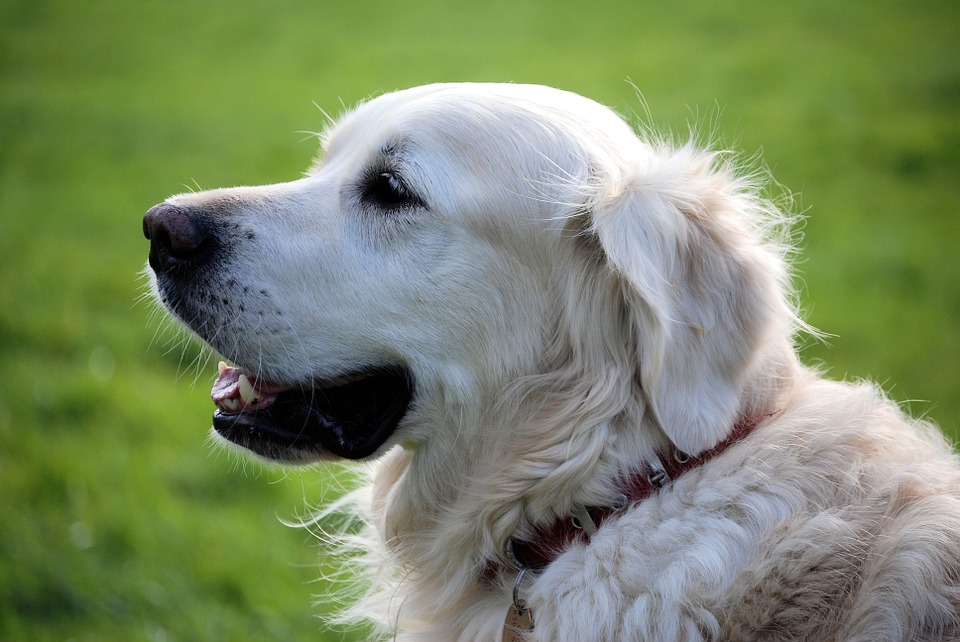There's a bit of truth to the saying "like owner, like dog". This has now been confirmed by researchers. For the first time in Denmark, researchers have systematically investigated the factors related to our four-legged friends being overweight or obese. One of the results demonstrates an unambiguous correlation between the weight status of a dog and its owner.
The study, conducted by researchers at the University of Copenhagen, shows that the prevalence of heavy or obese dogs is more than twice as large among overweight or obese owners than among owners who are slim or of a normal weight.
Part of the explanation rests upon how owners manage dog treats. The research results show a correlation between overweight dog owners and the use of dog treats as "hygge-candy" (cozy-candy). Whereas normal weight owners tend to use treats for training purposes, overweight owners prefer to provide treats for the sake of hygge. For example, when a person is relaxing on the couch and shares the last bites of a sandwich or a cookie with their dog. The researchers studied 268 adult dogs recruited at animal clinics around Zealand and the Capital Region of Denmark. Of the pets recruited, 20% were either heavy or obese. Oftentimes, people don't consider their dog's weight status to be a problem. And this might contribute to a dog's being overweight. But being heavy or obese does have a great impact on dog health - which on average results in a shortened lifespan[CRB1].
Previous studies have shown that on average, heavy dogs live 1.3 years less than dogs on restrictive diets and that part of the explanation may be an earlier development of osteoarthritis with the heavier weight. When males are castrated, they face just as high of a risk of becoming overweight as females. Castration seems to decrease the ability to regulate the appetite in male dogs and at the same time, it might also decrease the incentive to exercise which results in an increased risk of becoming overweight. Therefore, an owner should be careful about how they feed their dog after it has been castrated.
The researchers hope that this new knowledge raises awareness about canine weight among veterinarians and dog owners, and that it contributes to better obesity prevention and treatment strategies by identifying focus areas for intervention.
FACTS:
- Among obese owners, 35% of dogs were overweight whereas only 14% of dogs belonging to slim/normal weight owners were overweight.
- 29% of the castrated male dogs in the study were heavy/obese versus only 10% of the reproductively intact males.
- The researchers studied 268 adult dogs recruited at animal clinics around Zealand and the Capital Region of Denmark. All dogs were at least two years old, not suffering from chronic ailments.
- The survey was composed of a questionnaire and the physical examination of individual dogs. The same group of people assessed body condition in each of dogs.
- The researchers behind the study are Charlotte R. Bjørnvad, Peter Sandøe and Thomas Bøker Lund of the University of Copenhagen, as well as Sabina Gloor and Stephanie S. Johansen, MSc graduates from Animal Science and no longer affiliated with the University of Copenhagen.
- The study received funding from Royal Canin, Denmark.
